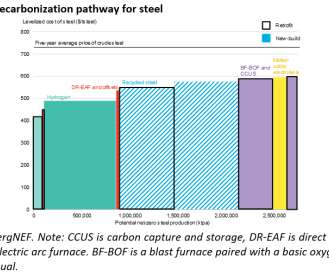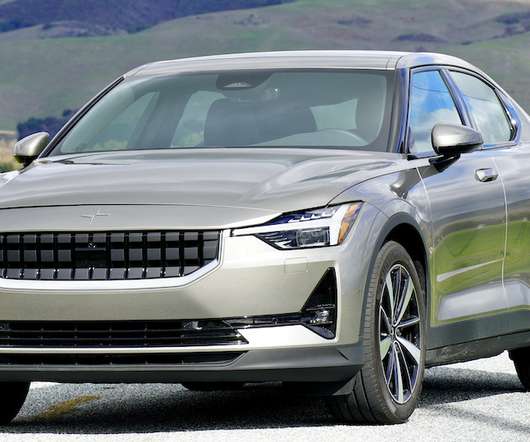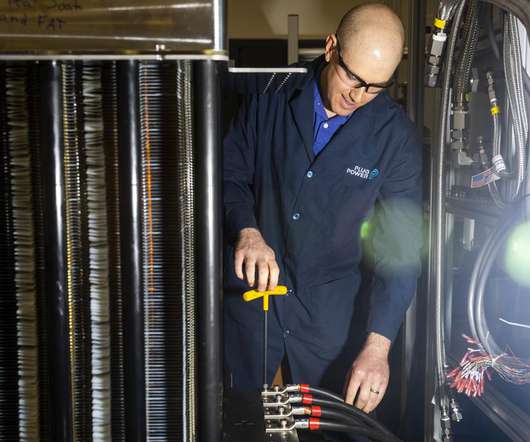Kentucky electric cars now pay two taxes where gas cars only pay one
Baua Electric
JANUARY 1, 2024
Photo by Mobilus in Mobili on Flickr As of January 1st, Kentucky has implemented not one but two new taxes on electric vehicles, both of which are individually higher than what gas vehicles pay on similar units of energy. At the Kentucky Public Service Commission’s approved rate of 25c/kWh , this represents a 12% or 24% tax.













































Let's personalize your content